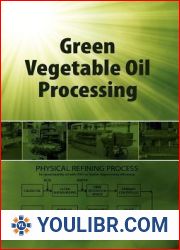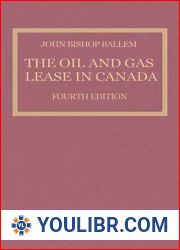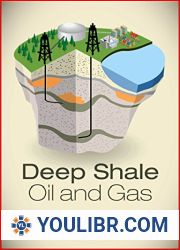
BOOKS - Oil Spill Dispersants: Efficacy and Effects


US $6.84

392248

392248
Oil Spill Dispersants: Efficacy and Effects
Author: National Research Council
Year: January 1, 2005
Format: PDF
File size: PDF 31 MB
Language: English
Year: January 1, 2005
Format: PDF
File size: PDF 31 MB
Language: English
Approximately 3 million gallons of oil or refined petroleum products are spilled into U.S. waters every year. Oil dispersants (chemical agents such as surfactants, solvents, and other compounds) are used to reduce the effect of oil spills by changing the chemical and physical properties of the oil. By enhancing the amount of oil that physically mixes into the water, dispersants can reduce the potential that a surface slick will contaminate shoreline habitats. Although called for in the Oil Pollution Act of 1990 as a tool for minimizing the impact of oil spills, the use of chemical dispersants has long been controversial. This book reviews the adequacy of existing information and ongoing research regarding the effectiveness of dispersants as an oil spill response technique, as well as the effect of dispersed oil on marine and coastal ecosystems. Oil Spill Dispersants also includes recommended steps for policy makers faced with making hard choices regarding the use of dispersants as part of spill contingency planning efforts or during actual spills.














































